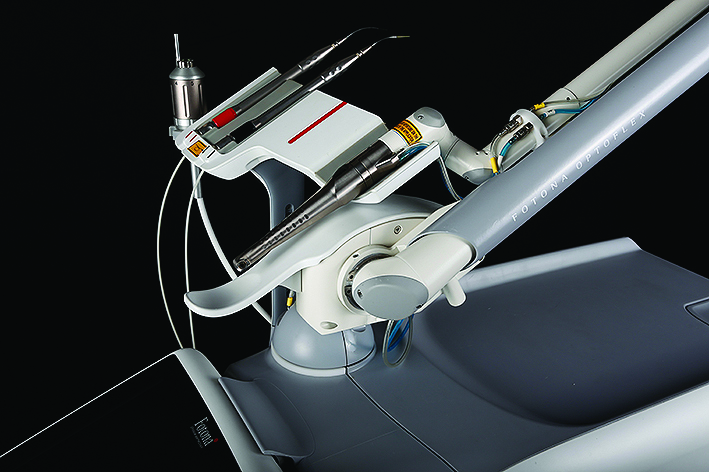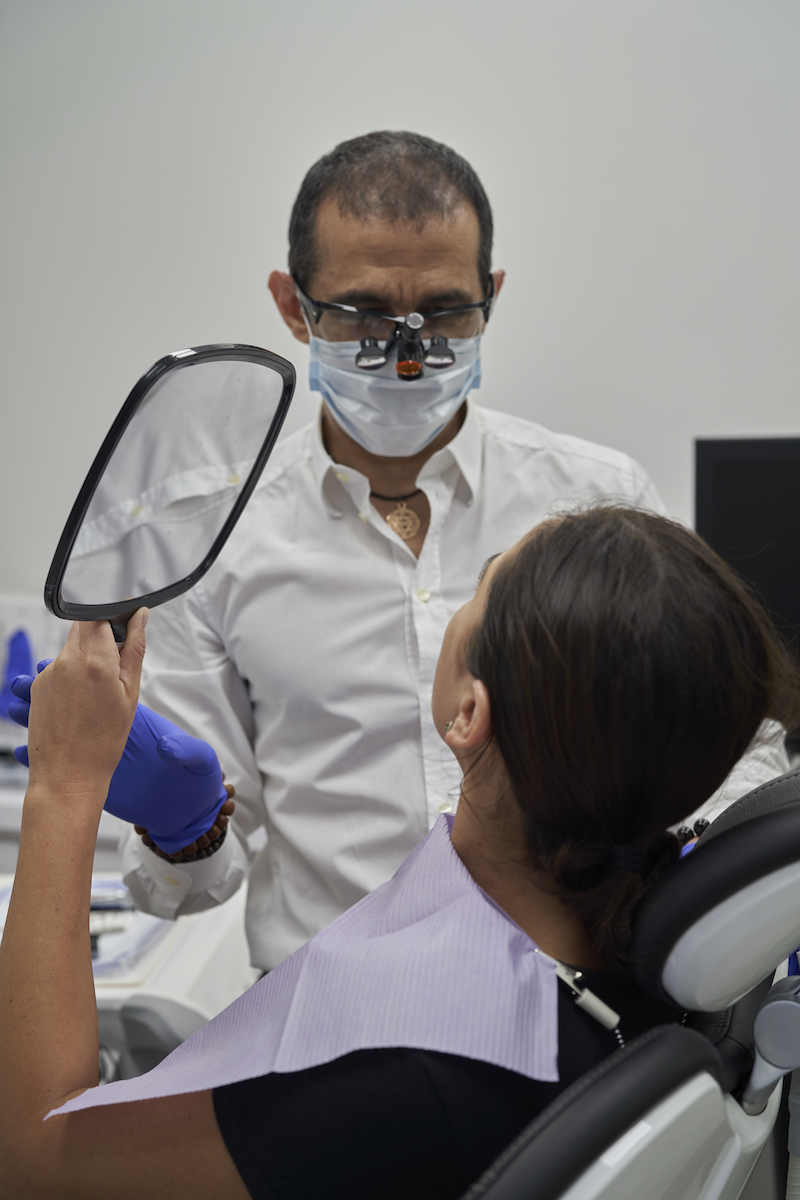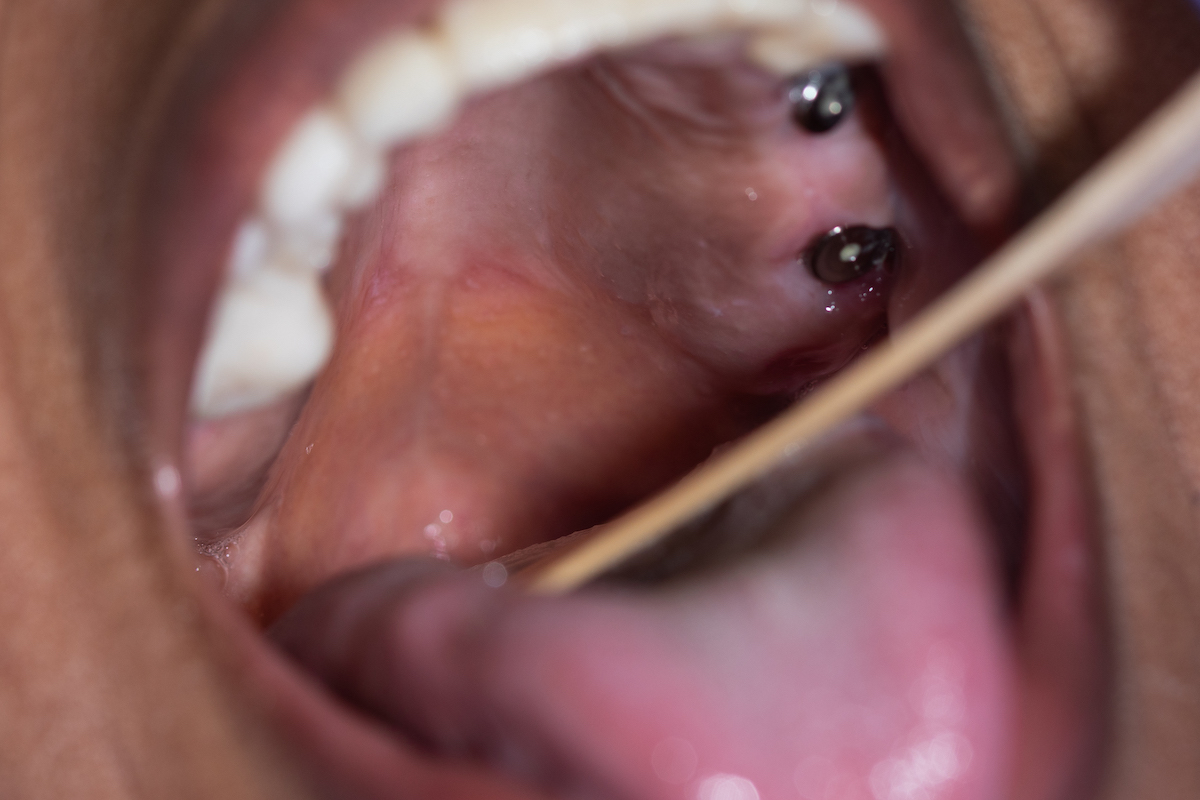What is a deep cleaning?
A deep cleaning, also known as a scaling and root planing, is a dental procedure that removes plaque and tartar from below the gum line. This is done to treat gum disease, which is a serious condition that can lead to tooth loss.
Gum disease is caused by the buildup of plaque and tartar on the teeth. Plaque is a sticky film of bacteria that forms on the teeth every day. If plaque is not removed, it can harden into tartar. Tartar can build up below the gum line, where it can irritate the gums and cause inflammation.
If gum disease is not treated, it can lead to a number of problems, including:
- Loose teeth
- Bad breath
- Bone loss
- Tooth loss
What are the benefits of a deep cleaning?
A deep cleaning can help to:
- Reduce inflammation
- Stop the progression of gum disease
- Prevent tooth loss
- Improve your overall oral health
What is involved in a deep cleaning?
A deep cleaning is usually performed in two visits. During the first visit, your dentist will use a special tool called a scaling instrument to remove plaque and tartar from above and below the gum line. In some cases, your dentist may also use a laser to remove tartar.
During the second visit, your dentist will use a root planing instrument to smooth the surfaces of the teeth. This helps to prevent plaque and tartar from building up again.
What is the recovery time for a deep cleaning?
Most people experience some discomfort after a deep cleaning. This discomfort can be managed with over-the-counter pain medication. You may also experience some bleeding and swelling. These symptoms usually go away within a few days.
How can I prevent gum disease?
The best way to prevent gum disease is to practice good oral hygiene at home. This includes brushing your teeth twice a day and flossing once a day. You should also see your dentist for regular checkups and cleanings.
If you are concerned about gum disease, talk to your dentist. They can help you determine if you are at risk for gum disease and discuss the best way to prevent it.
What are the risks of a deep cleaning?
There are a few risks associated with deep cleanings, including:
- Bleeding
- Swelling
- Infection
- Pain
- Damage to the gums or teeth
The risks of a deep cleaning are generally low. However, if you have any concerns, talk to your dentist.
Is a deep cleaning covered by insurance?
Dental insurance plans vary, so it is important to check with your insurance company to see if deep cleanings are covered. Some plans may cover a portion of the cost, while others may not cover it at all.
If you are not sure whether your insurance covers deep cleanings, talk to your dentist. They can help you determine your eligibility and work with your insurance company to get the procedure covered.




